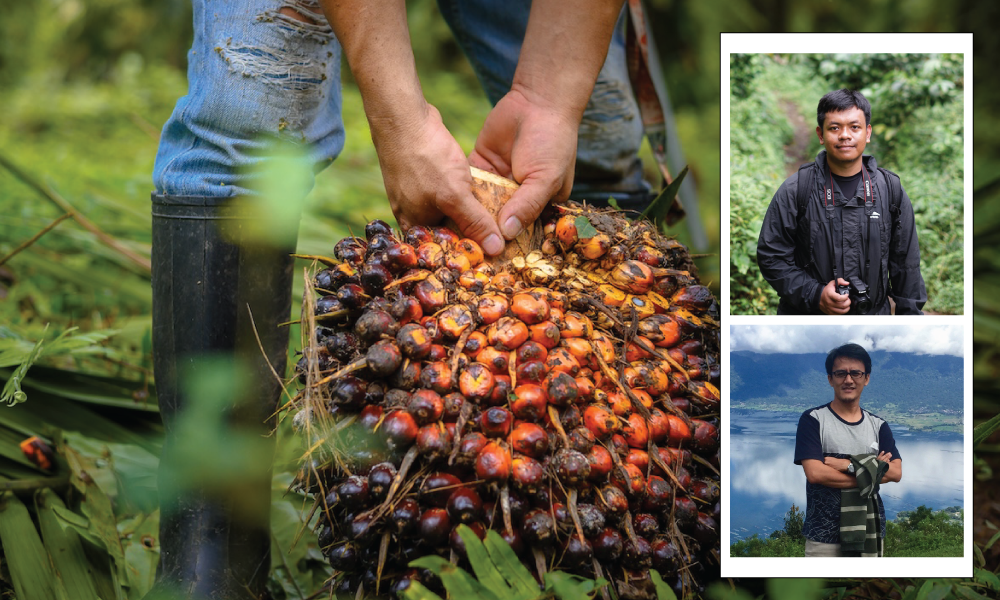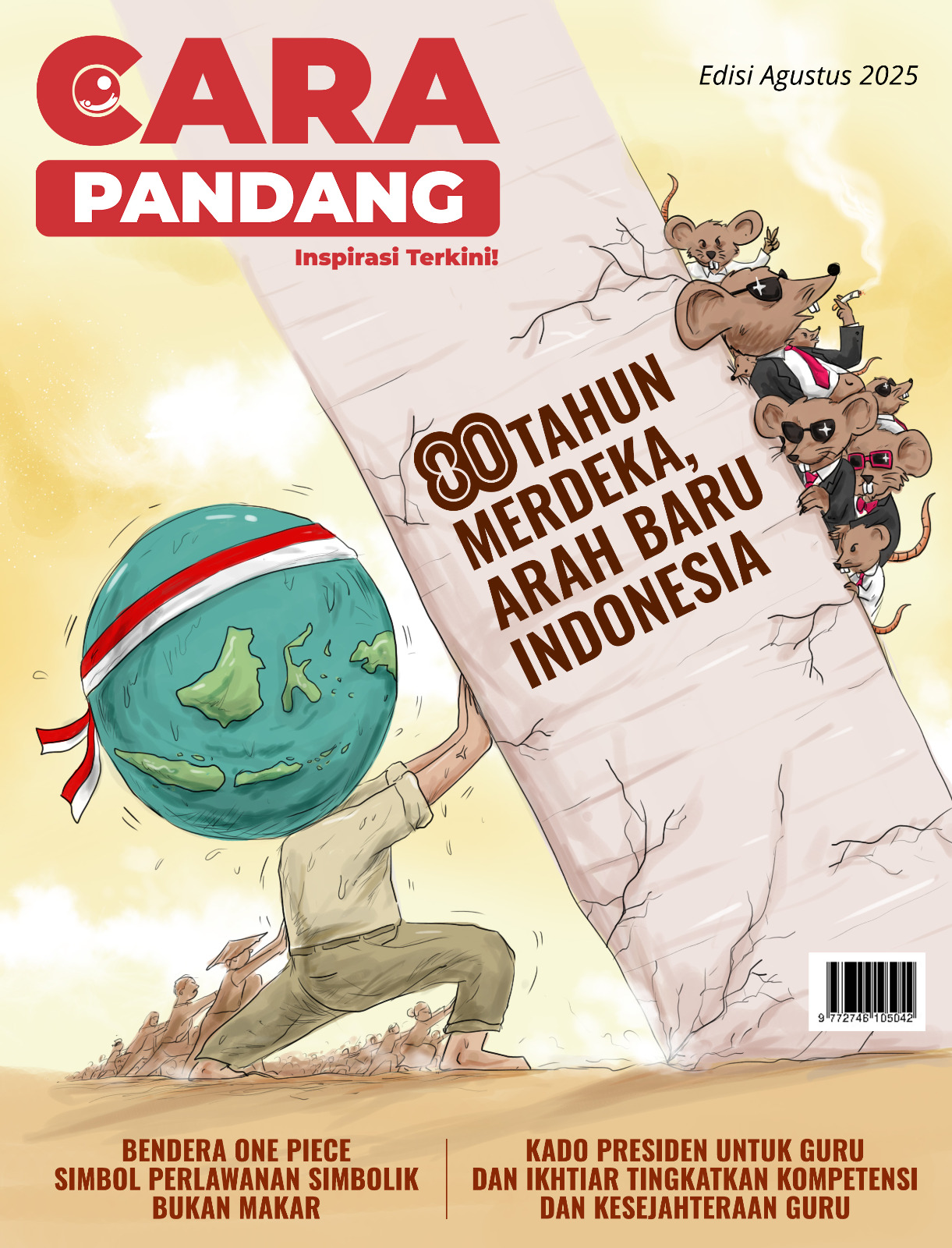Indonesia’s forests are among the most biodiverse in the world. They host 10% of the world’s plant species, many of which remain uncovered and provide crucial ecosystem services, from regulating water cycles to acting as carbon sinks. Forests absorb up to three times more carbon than palm oil plantations. However, slash-and-burn practices and peatland drainage for palm oil release vast amounts of stored carbon, accelerating climate change.
Deforestation also endangers critically threatened species, e.g., orangutans and Sumatran tigers, pushing them closer to extinction. Sacrificing forests for palm oil expansion contradicts Indonesia’s FOLU Net Sink 2030 commitment to achieving a net carbon sink in the forestry sector.
Minister Antoni’s proposal to convert 20 million hectares of forest into food and energy plantations echoes past failures. Initiatives such as the Mega-Rice-Project during the New Order era and the cassava-to-corn food estate in Kalimantan under then-Minister of Defense Prabowo Subianto resulted in ecological destruction with little benefit after massively destroying forest areas. Poorly planned programs also often leave local communities to bear the brunt of environmental disasters.



